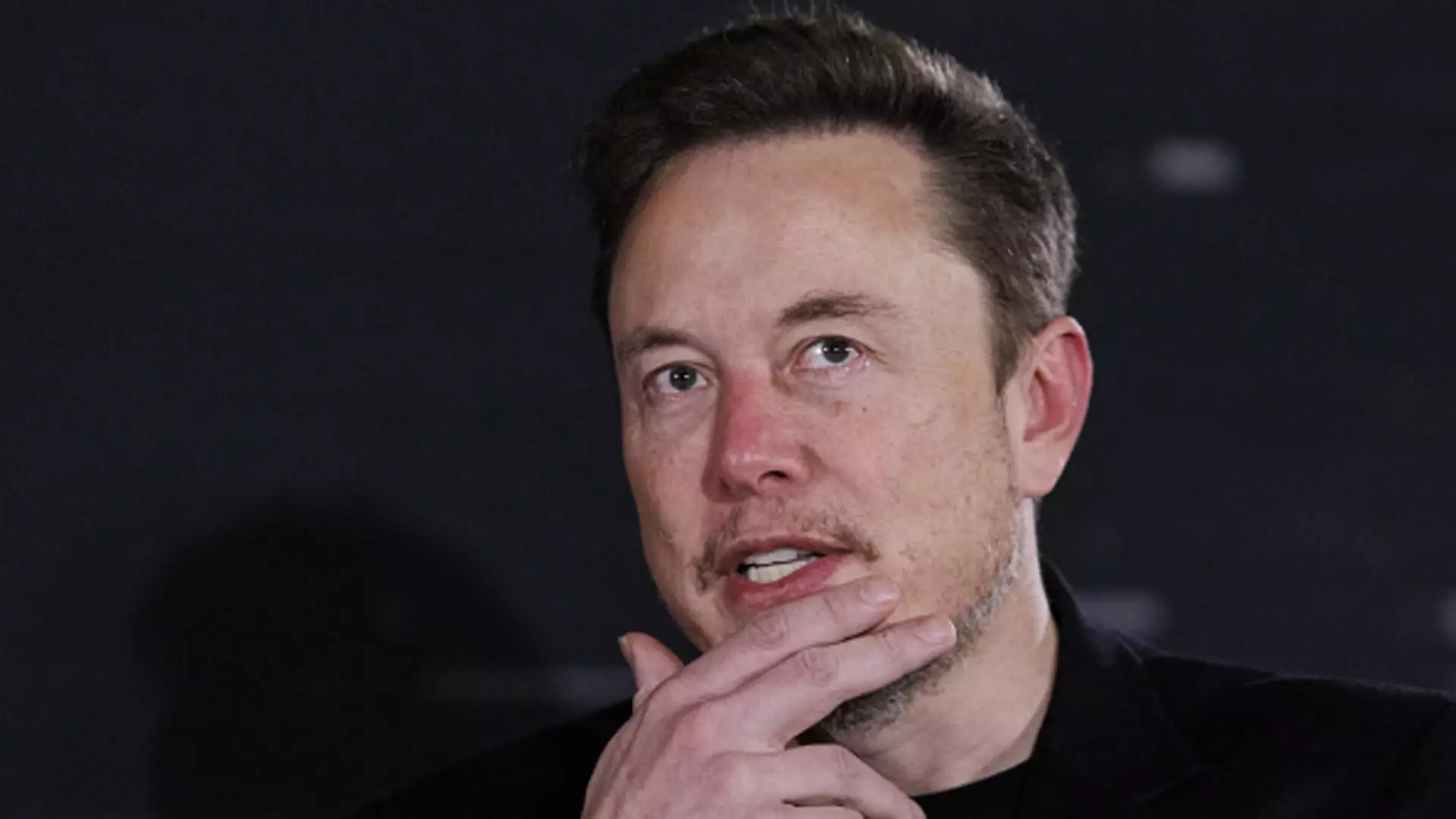Elon Musk, the visionary CEO of Tesla and SpaceX, has recently expressed his desire for an increased voting control over his electric vehicle business. Already owning around 13% of Tesla, which translates to approximately 411 million shares, Musk’s stake in the company is substantial. However, he now aims for a 25% voting control, allowing him to exert more influence without risking being overruled. This announcement comes after Musk sold a significant portion of his Tesla shares in 2022 to finance a leveraged buyout of the social network X (formerly known as Twitter).
Musk’s desire for increased control is driven by his vision of Tesla becoming a leader in artificial intelligence (AI) and robotics. He expressed his discomfort with the idea of leading Tesla’s growth in these areas without having significant voting control. Musk believes that his level of influence would be enough to shape the company’s direction, but not to the point where his decisions would become immune to scrutiny. He even hinted at the possibility of building AI and robotics products outside of Tesla if his desired level of control cannot be achieved.
Musk’s recent statements contradict his previous remarks about Tesla’s position as an AI and robotics company. In April 2022, during Tesla’s first-quarter earnings call, Musk went as far as predicting that Tesla’s humanoid robot, Optimus, would be more valuable than the car business and full self-driving technology. He showcased an early prototype of Optimus at Tesla AI Day in September of that year, highlighting the company’s depth in AI, compute hardware, and robotics. However, Musk’s recent statements suggest a shift in perspective.
On December 27, 2023, Musk took to X to criticize an analyst who considered Tesla to be overvalued compared to Japanese automaker Toyota. Musk defended Tesla by asserting that it is an AI and robotics company, not just an automotive manufacturer. These contradictory statements and the focus on AI and robotics in the company’s financial filings raise questions about Tesla’s direction and the true nature of its business.
Musk’s quest for more control over Tesla comes at a time when the company’s board of directors is already under pressure. Concerns about Musk’s split focus, his controversial statements on social issues, ongoing federal probes, and allegations of drug use have fueled investor skepticism. Furthermore, Musk is currently facing a trial in Delaware for his $56 billion pay package, with claims that it was excessive and breached fiduciary duty. Shareholders, such as Richard J. Tornetta, have sued Musk and Tesla, challenging the compensation plan’s authorization.
The board of directors at Tesla now faces the challenge of considering Musk’s request for increased control while addressing investors’ concerns and dealing with ongoing legal issues. Musk’s influence over the company is undeniable, and his vision has driven Tesla to remarkable achievements. However, the board must also ensure that sound governance principles are followed and the interests of all shareholders are protected.
The future of Tesla and Musk’s relationship with the company remains uncertain. While Musk awaits the verdict of his compensation case in Delaware, he acknowledges that the board is postponing the establishment of a new compensation plan. His call for 25% voting control highlights his desire to maintain influence while allowing for a counterbalance from shareholders. Musk believes that a higher ownership stake would prevent takeovers by “dubious interests” but would still subject him to scrutiny and accountability.
Elon Musk’s quest for more control over Tesla raises questions about the company’s direction and the true nature of its business. The board of directors faces the challenge of balancing Musk’s vision with investor concerns and legal issues. The outcome of this delicate relationship is yet to be determined, and it will greatly influence Tesla’s future trajectory.

Leave a Reply